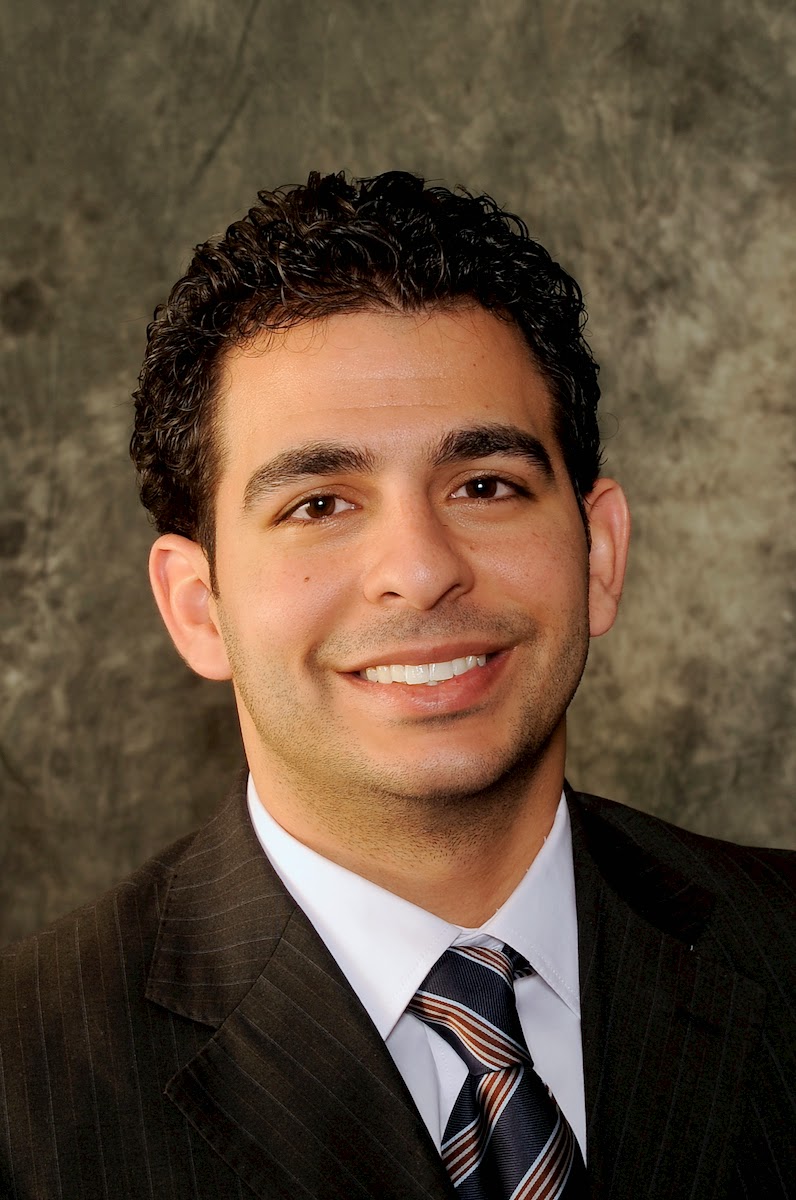Toothbrushes 101: How to Choose and Care for Your Toothbrush
 When it comes to taking care of your teeth and keeping your smile looking great, your toothbrush
When it comes to taking care of your teeth and keeping your smile looking great, your toothbrush plays an essential role. But, how much thought do you actually give to your toothbrush when selecting one or caring for it over time? Probably not much!
Choosing the right toothbrush, caring for it, and knowing when to replace it are all essential components of great oral health. Below, we discuss each to ensure your toothbrush is helping rather than harming your smile!
Choosing the Right Toothbrush
The toothbrush aisle at any store can be overwhelming, making it difficult to find exactly what you're looking for. It may help to know that the best toothbrushes all share a few common characteristics:
- Head Size - For most adults, the toothbrush head should be half an inch wide and one inch long. This will help to ensure that all surfaces of the teeth can be reached.
- Bristle Type - Soft bristles are ideal are ideal for most people; they feel best on the teeth and gums and are least likely to cause unanticipated harm. Medium or hard bristles have the potential to damage gums, enamel and root surfaces.
- Professional Endorsement - Often, your dentist will recommend a particular brand and/or type of toothbrush based on your oral health needs. It's best to heed their advice or at least look for a toothbrush with a seal of approval from the American Dental Association (ADA).
Caring for Your Toothbrush
Both the ADA and the Council on Scientific Affairs offer guidelines to ensure your toothbrush remains safe to use:
- Never Share Your Toothbrush - Sharing a toothbrush also means sharing bodily fluids and/or microorganisms. This increases the risk for infections and should never be done (not even between family members).
- Never Store Your Toothbrush Without Rinsing First - After brushing, you should rinse your toothbrush to get rid of systemic illness, soaking you toothbrush in an antibacterial mouthwash after brushing can help remove bacteria and germs. You can also run your toothbrush through the dishwasher to clean it.
- Never Cover of Keep Toothbrushes in Closed Containers - Moist environments can promote the growth of microorganisms. Instead, store your toothbrush in an upright position and allow it to air dry.
Replacing Your Toothbrush
Most dentists recommend replacing replacing your toothbrush every 3 to 4 months. However, there are instances where it may need to be replaced sooner.
- Extensive Wear - Once bristles begin to fray, they no longer clean the teeth and gums properly. If you notice your bristles are wearing faster than 3 to 4 month, you may be brushing too hard and need to lighten up your technique.
- After Sickness - Bacteria can remain on your toothbrush after you have recovered. To avoid getting sick again, you should replace the brush.
A Healthy Toothbrush Makes for a Healthy Smile
Most people know that it is important to brush your teeth at least twice a day. But, if you aren't using the right toothbrush, caring for it properly, or replacing it regularly, you could be causing damage instead of boosting oral health.
The information above will help you ensure that the tool you most frequently to keep your teeth healthy and your smile bright is doing its job.
Sources:
Choosing a Toothbrush: The Pros and Cons of Electric and Disposable. (2013, March 31). Retrieved June 2, 2015, from http://www.webmd.com/oral-health/guide/choosing-a-toothbrush-the-pros-and-cons-of-electric-and-disposable?page=3
Collins, Sonya. (2015, March 22). Make the Most of Your Mouth. Retrieved June 2, 2015, from http://www.webmd.com/oral-health/healthy-mouth-14/your-healthy-mouth/the-ugly-truth-about-your-toothbrush
Toothbrush Care: Cleaning, Storing and Replacement. (2011 November). Retrieved June 2, 2015, from http://www.ada.org/en/about-the-ada/ada-positions-policies-and-statements/statement-on-toothbrush-care-cleaning-storage-and-



Comments
Post a Comment